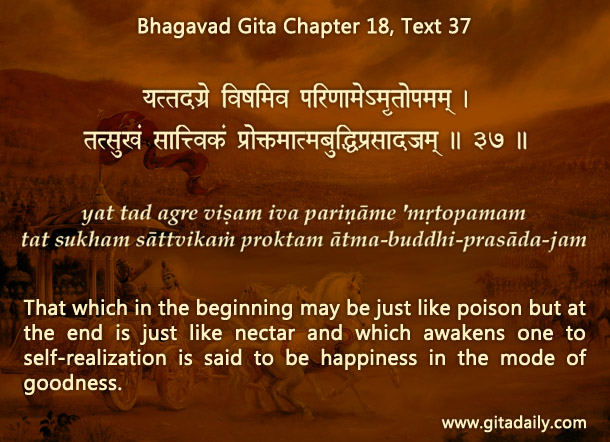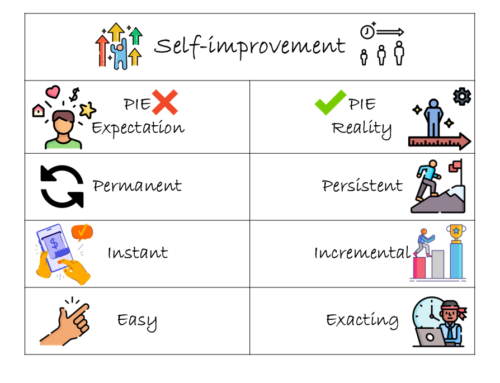When morality feels like a burden – When we try to follow moral standards to live purely, we sometimes feel harassed by temptations that keep coming upon us. And if we compare ourselves with others who aren’t following those standards or who seem to be following those standards without much struggle, our morality may feel like a heavy cross we have to bear.
Thankfully, a cross isn’t the only way to see our moral challenges; Gita wisdom offers a more positive vision. Morality is meant to be a compass that points to spirituality, leading us from material consciousness to spiritual consciousness.
Gita wisdom explains that the supreme spiritual reality is the all-attractive divinity, Krishna. Whether we know it or not, he is the foundation and destination of all morality: foundation because it is he who gives us the strength to live morally, and destination because it is he who is to be reached and relished by living morally. With this devotional vision, we stop obsessing over our lapses and losses in our struggles to live morally; instead, we start dwelling on how Krishna always stays ready and resourceful to accept and elevate us (09.30-31). We appreciate that moral codes are not meant to deprive us of worldly pleasures; they are meant to prevent those fleeting pleasures from depriving us of the enduring joys waiting for us in spiritual love for Krishna.
When we see our moral standards as a compass that points to the Ultimate True North, we gratefully grab every opportunity to connect with Krishna, thereby attracting his guiding grace (10.10). By that combination of gratitude and grace, we become empowered to persevere through moral challenges that may seem like poison till we attain spiritual love that is like nectar (18.37).
One-sentence summary:
Morality without spirituality can feel like an exhausting cross; morality with spirituality becomes an empowering compass.
Think it over:
- Why may morality seem like a cross?
- How can we see morality as a compass?
- Are you facing any moral challenges? How can you see those challenges more positively?
***
18.37: That which in the beginning may be just like poison but at the end is just like nectar and which awakens one to self-realization is said to be happiness in the mode of goodness.



Leave A Comment